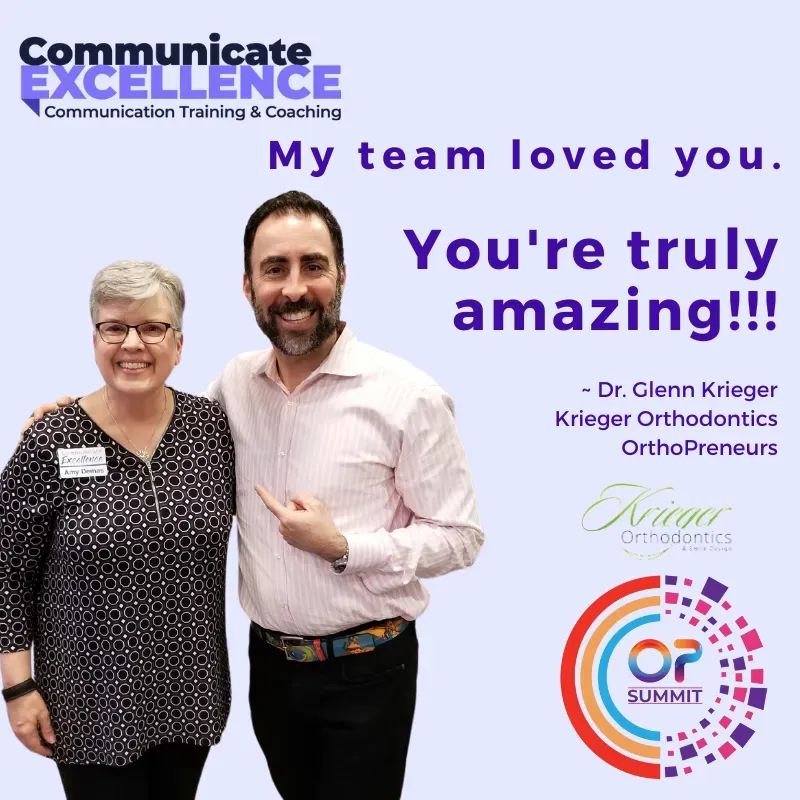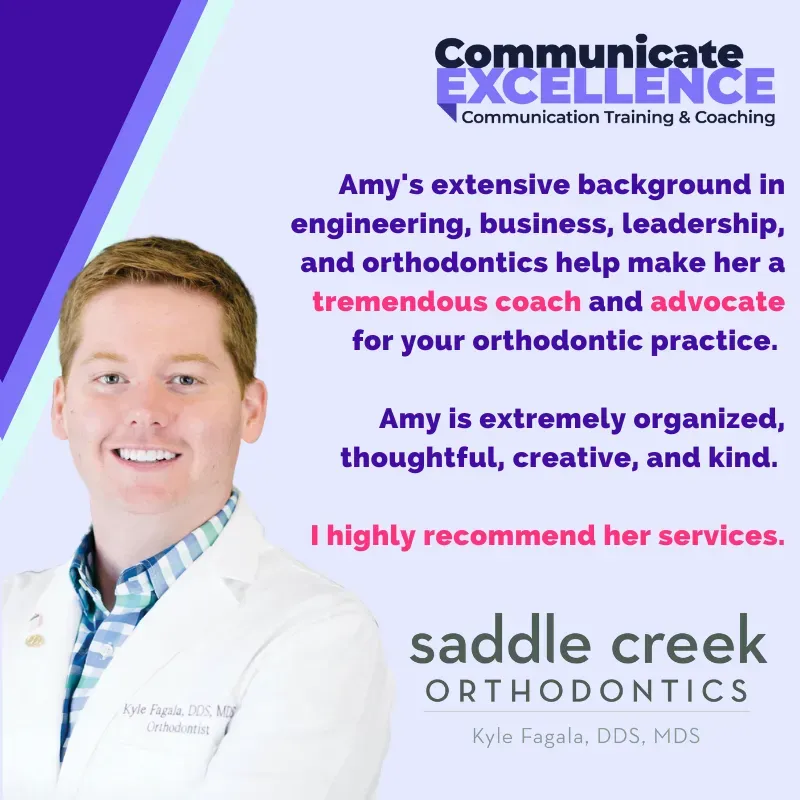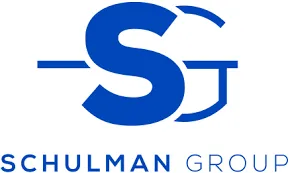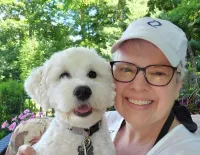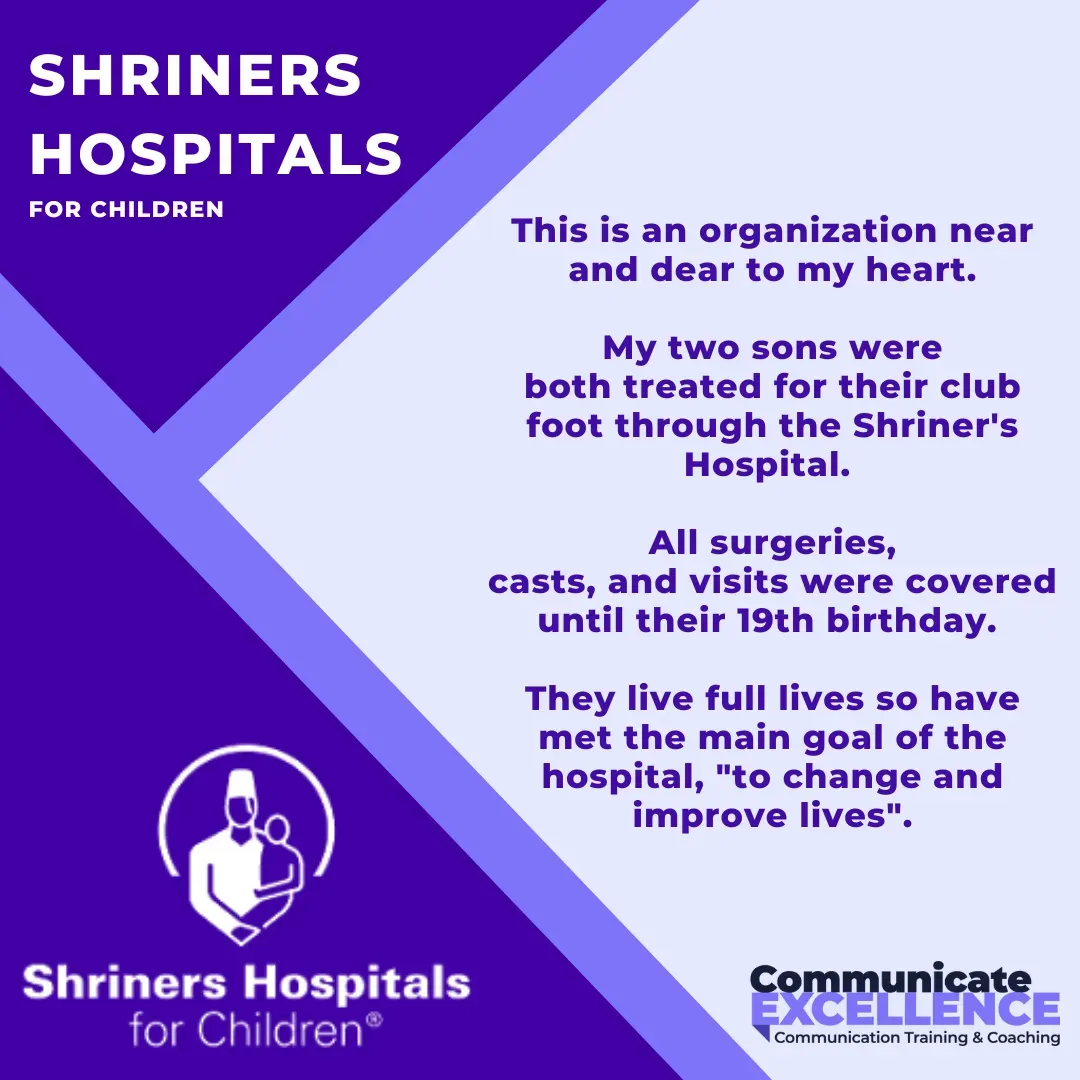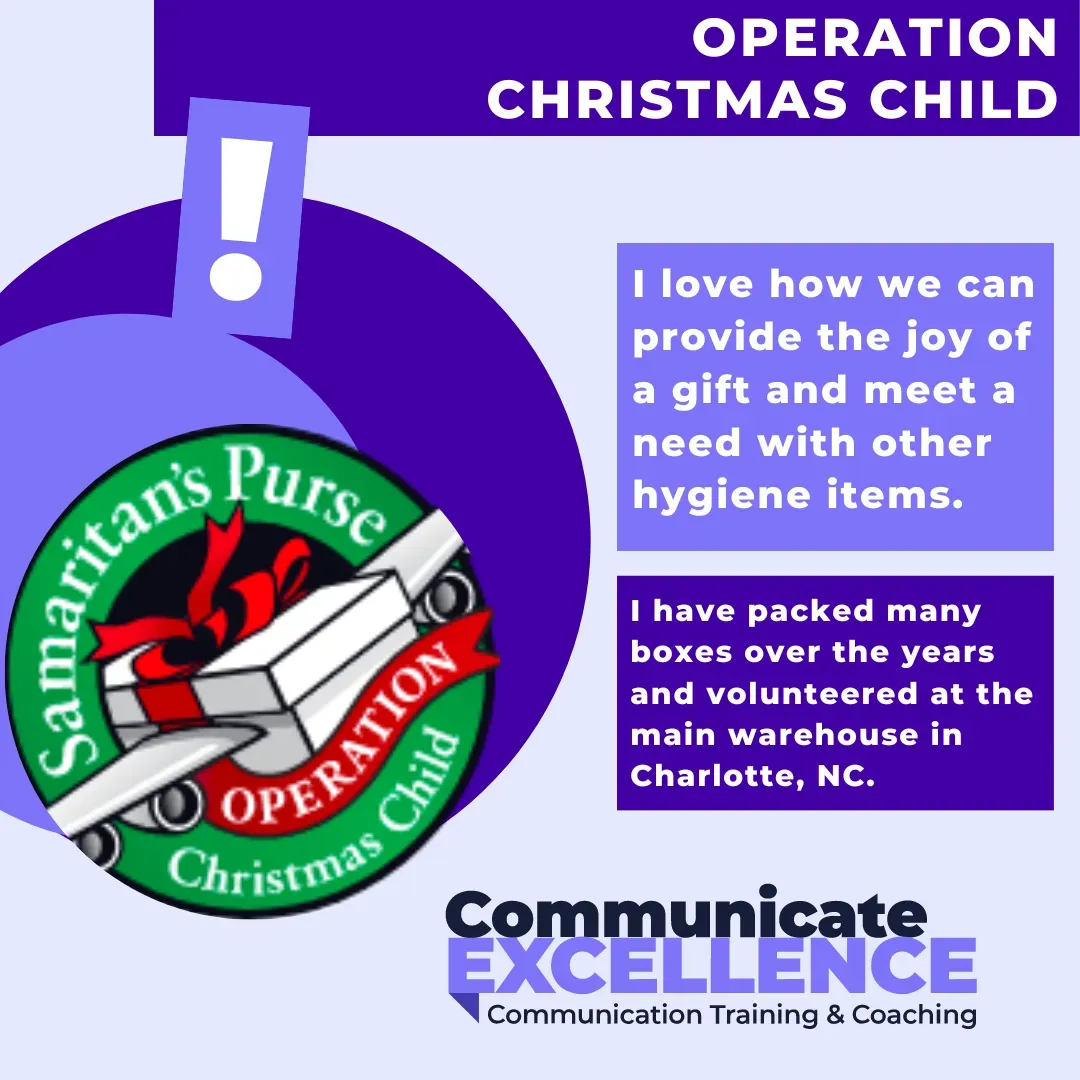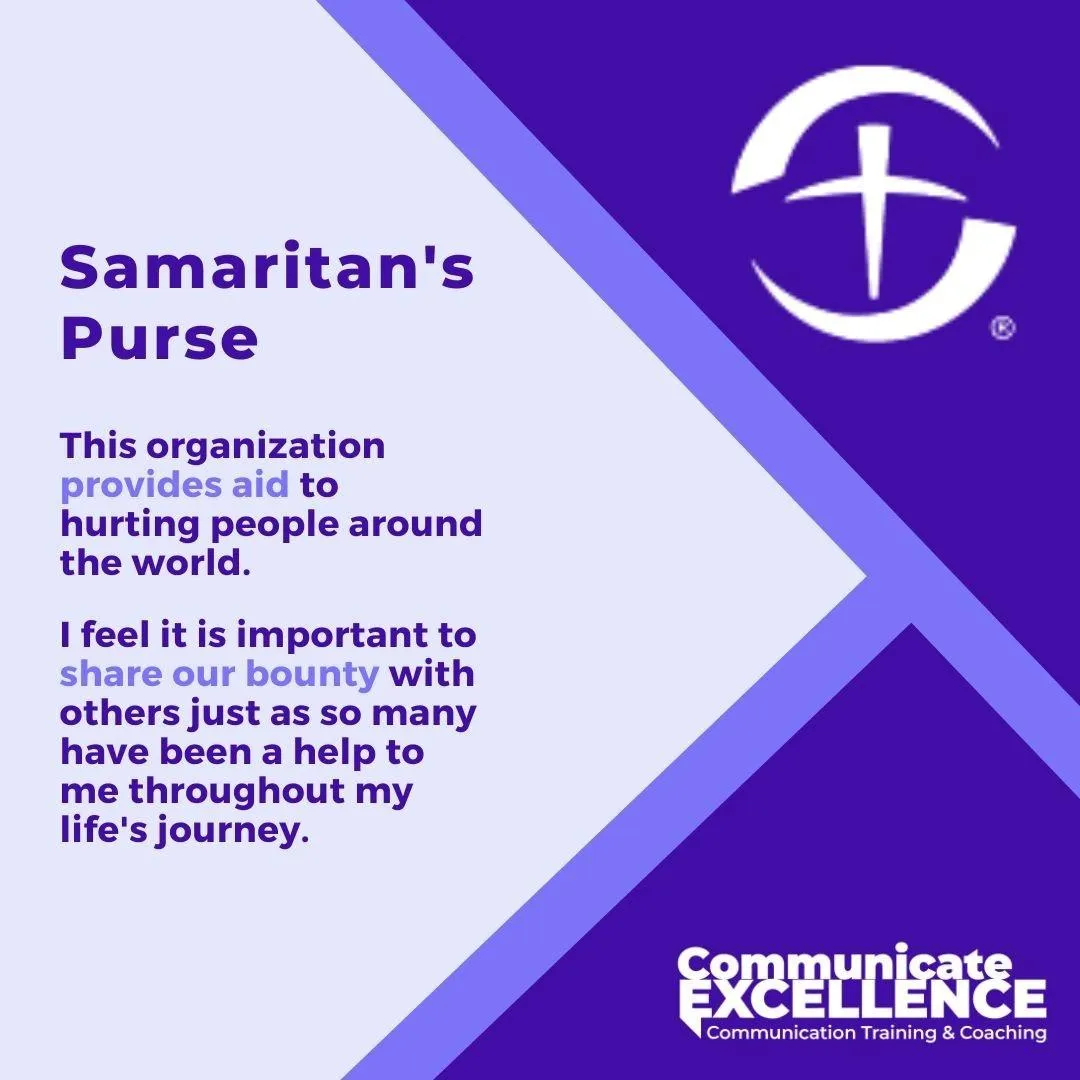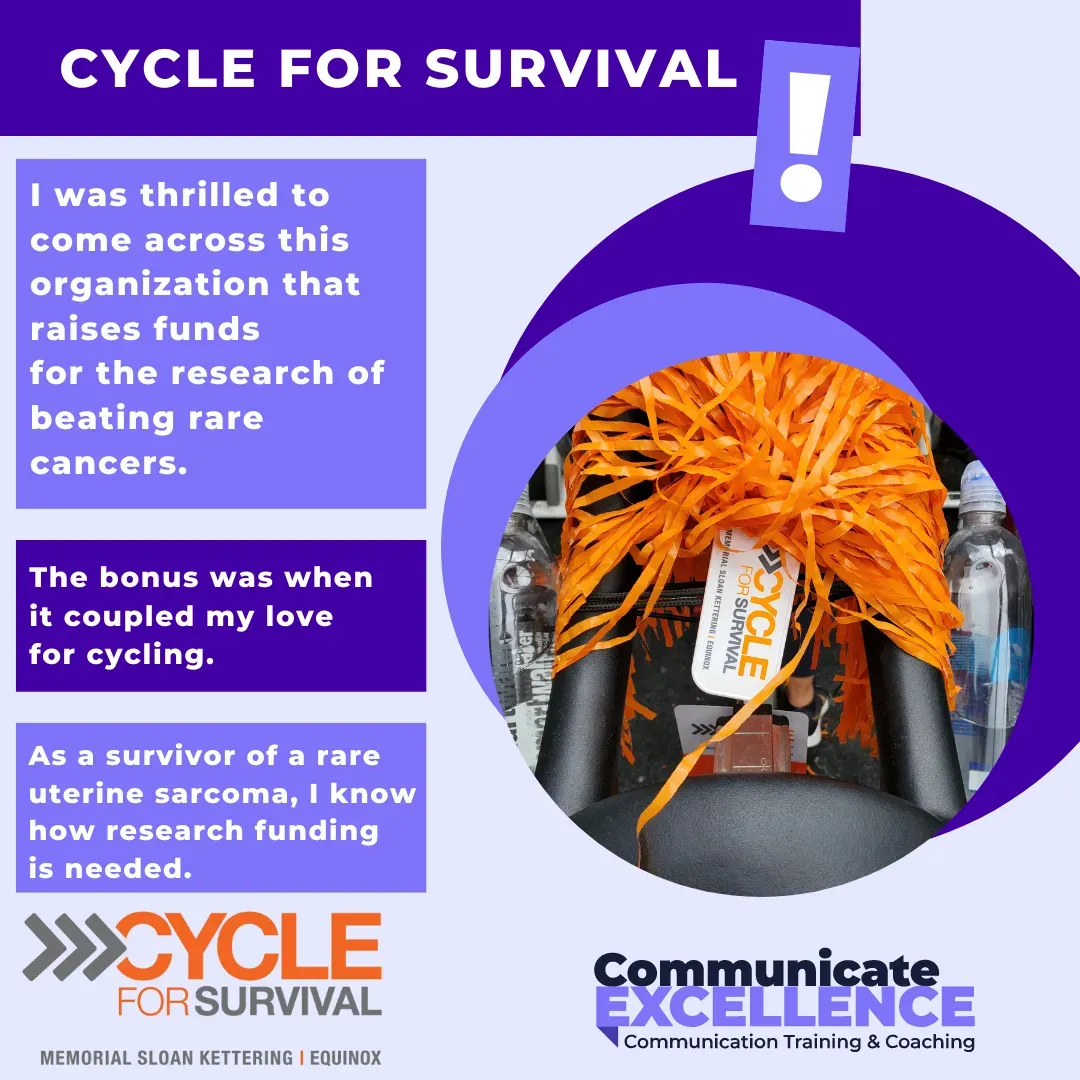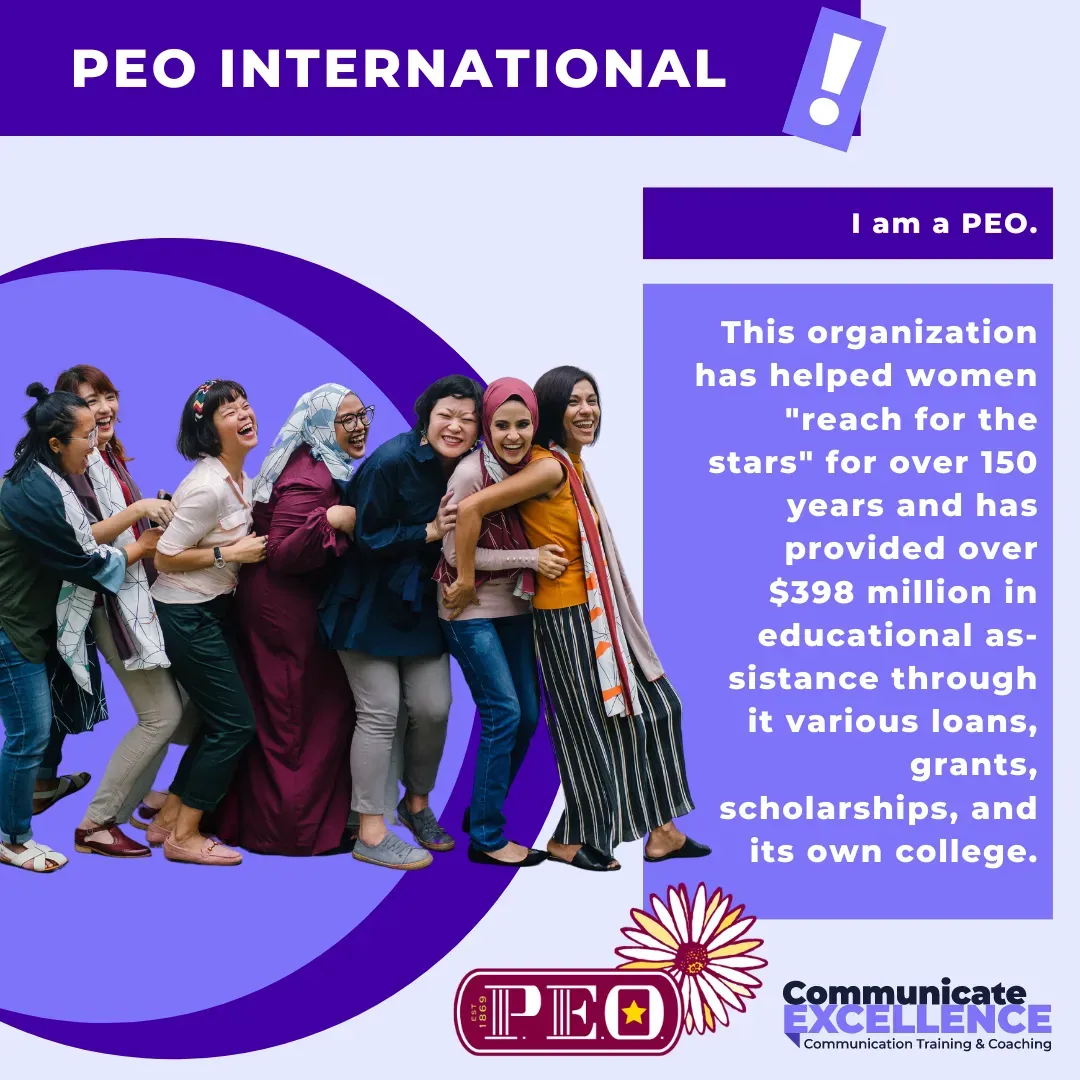Hi! I'm Amy Demas
Let me show you how my past will empower the practice of your future.
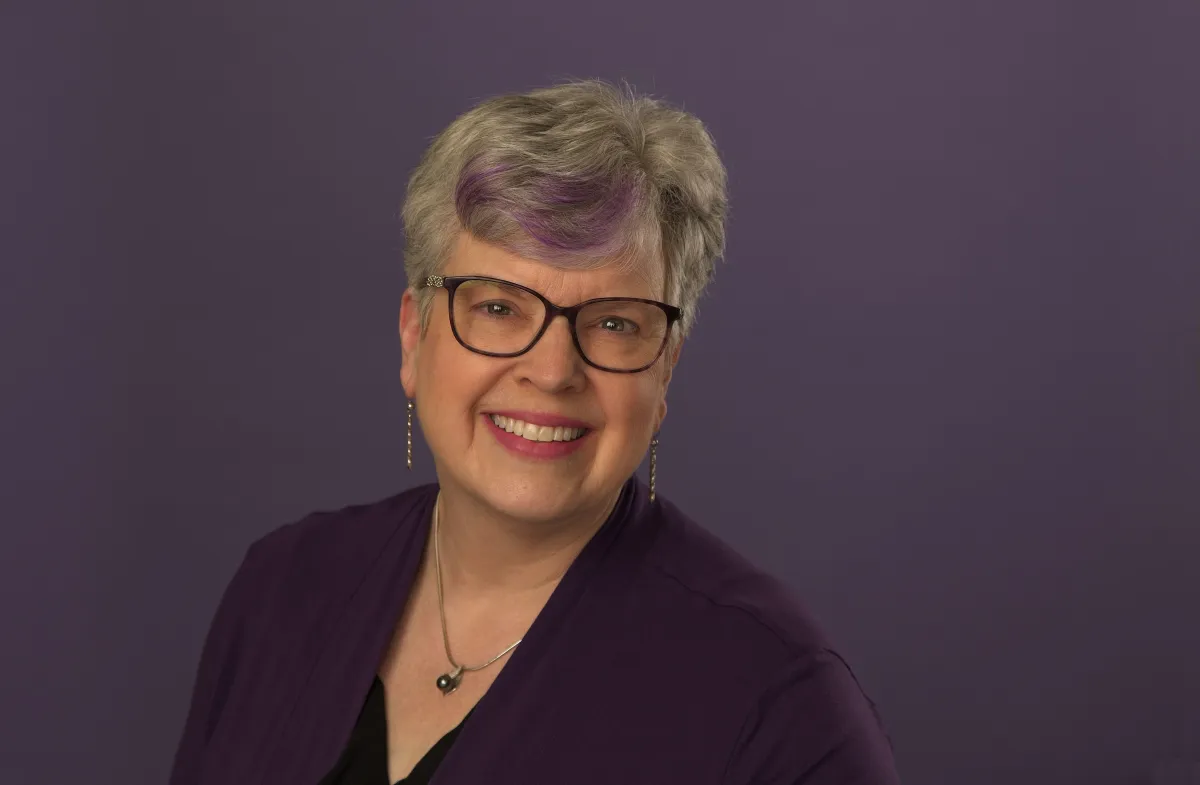
Hi! I'm Amy Demas
Let me show you how my past will empower the practice of your future.
Why am I the best coach for your team?
Worked as a Vice President at Bank of America
Awarded over 56 U.S. Patents for statistical and process development work
Earned Green Belt Six Sigma certification
Inventor of the Year at Bank of America in 2008
Received Distinguished Toastmaster title and am an award-winning communication evaluator
One of the first 1000 women to ever attend the United States Military Academy
Received a BS in Mechanical Engineering from
Missouri University of Science & Technology
Earned an MBA
I am here to help you deliver superior customer service, streamline communication and save thousands of marketing dollars by establishing better relationships with patients.
I am so proud to be recommended by 100% of Doctors AND Staff
I believe in establishing trust among doctors, their staff and patients and instilling confidence in front desk employees. No more “gotcha” calls or walking on eggshells.





Accountability
Respect
Trust
Honesty
Expertise
I would highly recommend her coaching program to any practice looking to enhance their patient communication!
Dr. Lance Miller, Keene Orthodontic Specialists
Preferred Provider For:
As a bonus for being a member of these organizations you will receive a discount on my services.
Schulman Group leaders say
“The Schulman Group is pleased to call Amy Demas/Communicate Excellence one of our valued preferred consultants and a huge advocate for our educational programming efforts. Her "can do" attitude has served the group in many capacities over the years…..as a consultant, as a program speaker and most recently served as moderator for our Doctor and Team Meeting. As speaker and consultant, Amy offers invaluable insight on communication skills for all orthodontic team members and has helped a number of our members streamline and improve office interactions with patients.”
Emily, Mari's List says
"Amy Demas is a shining star when it comes to training front desk staff, scheduling coordinators and treatment coordinators. She truly communicates excellence. Mari's List feels confident endorsing Amy because of her long history of exceptional professionalism and glowing reviews from our members."

Hear from Amy
HOW TO WORK WITH ME

Phone Coaching
Telephone skills training for efficient and impactful first impressions with your receptionist and front office team.
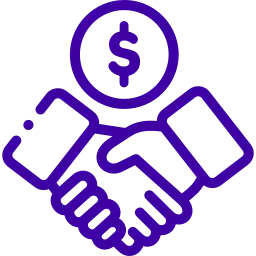
Sales Coaching
Treatment Coordinator communication training for consultations to adapt, read the room, and win the start.
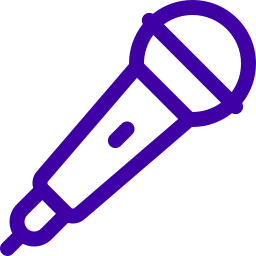
Workshops & Keynotes
Book me for your team or appreciation event you are running to provide customer experience training.
Join my mailing list for regular inspiration, tips and techniques to share with your team.
Watch my short video on the 5 Types of Questions as a welcome gift.
Did you know there are different types of questions? Annoyingly, we often default to the question type that doesn't actually help move us towards our goal.
Take a few moments to watch my short video and you'll learn a few of the different types so you can be more conscious of your speaking habits and bring the correct question type to the situation at hand.
Do share this video with the rest of your team to help them make the same change - it's my little thank you for having you join my mailing list.

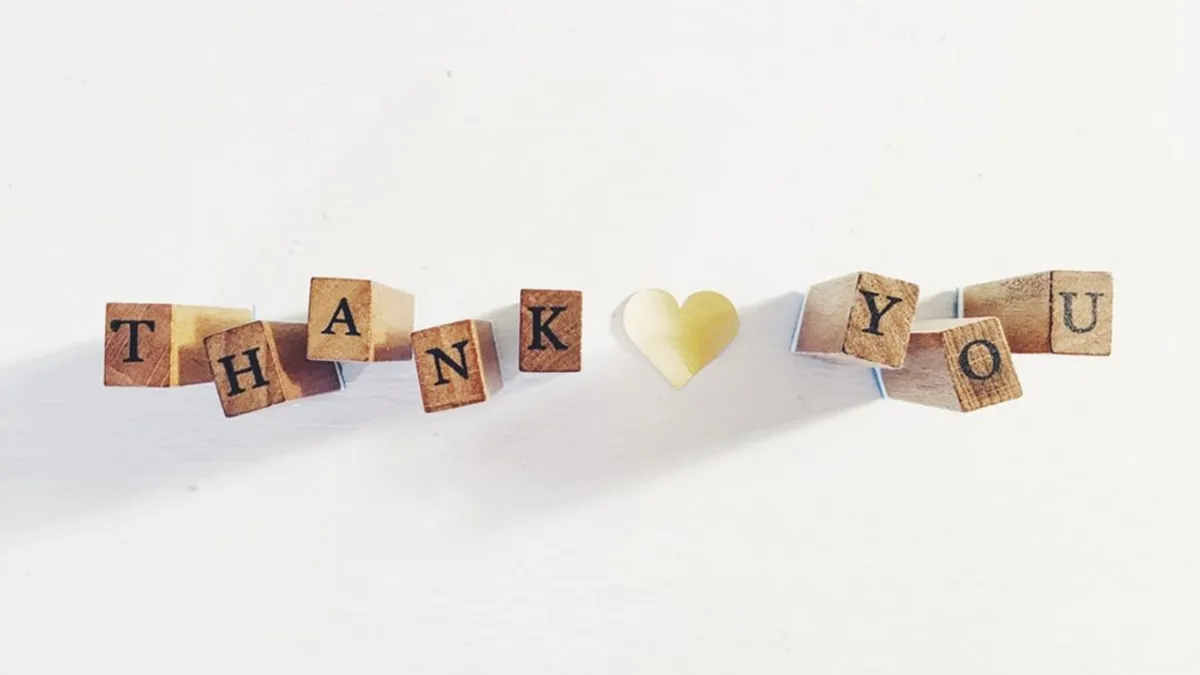
What to Say as You Reschedule Appointments
The day will come when we are ready to be back in our offices and we will be met with the task to reschedule the canceled appointments due to COVID-19. What are you going to say as you make those calls? Should you lead with appreciation or an apology?
Say, “Thank you”.
Research
Just in March of 2020, the American Marketing Association put out an interesting article in their Journal of Marketing. The article talked through 7 different studies with a multitude of variations to see if it was better to say “Thank you” than “Sorry” after a service failure. They wanted to see if expressing appreciation was more effective for a recover strategy.
Explaining the Study
One study had 194 participants that were divided across three conditions. They first had each group imagine their plumbing was backed up and they had called for plumbing service. All were promised the plumber would arrive at 11am, but in reality the arrival time was at noon.
What happened upon arrival depended on one of the three conditions. They were:
Control group – plumber arrived and simply got straight to work
Apology group – plumber arrived and first said, “Sorry for keeping you waiting. I apologize!”
Appreciation group – plumber arrived and first said, “Thank you for your patience. I appreciate it!”
Post-Event Questions
Then afterwards the participants were asked questions in four areas. They were:
How satisfied they were with the way the plumber handled the late arrival
How likely they would be to use the plumber’s services again
How likely they would be to recommend the plumber to their friends
Did the way the plumber handled the delay make them feel they were valued
Results
After the results were tabulated the findings showed statistically significant differences. In all post-event questions and scenarios, the expression of appreciation were better.

Journal of Marketing, Mar2020, Vol. 84 Issue 2, p133-150
It is fascinating. What is happening is that we all like to feel appreciated and have our contributions highlighted. By expressing appreciation, we are meeting ego needs.
Application
So as you get ready to reschedule your backlog of patients, start with a “Thank you”. Then notice and listen astutely for the cues that you made your patients feel good as you bounce back from this no-fault “service failure” of having to cancel so may appointments.
For help in training and coaching your team members with communication skills, contact Communicate Excellence at info@communicateexcellence.com.
Our Clients' Experiences

